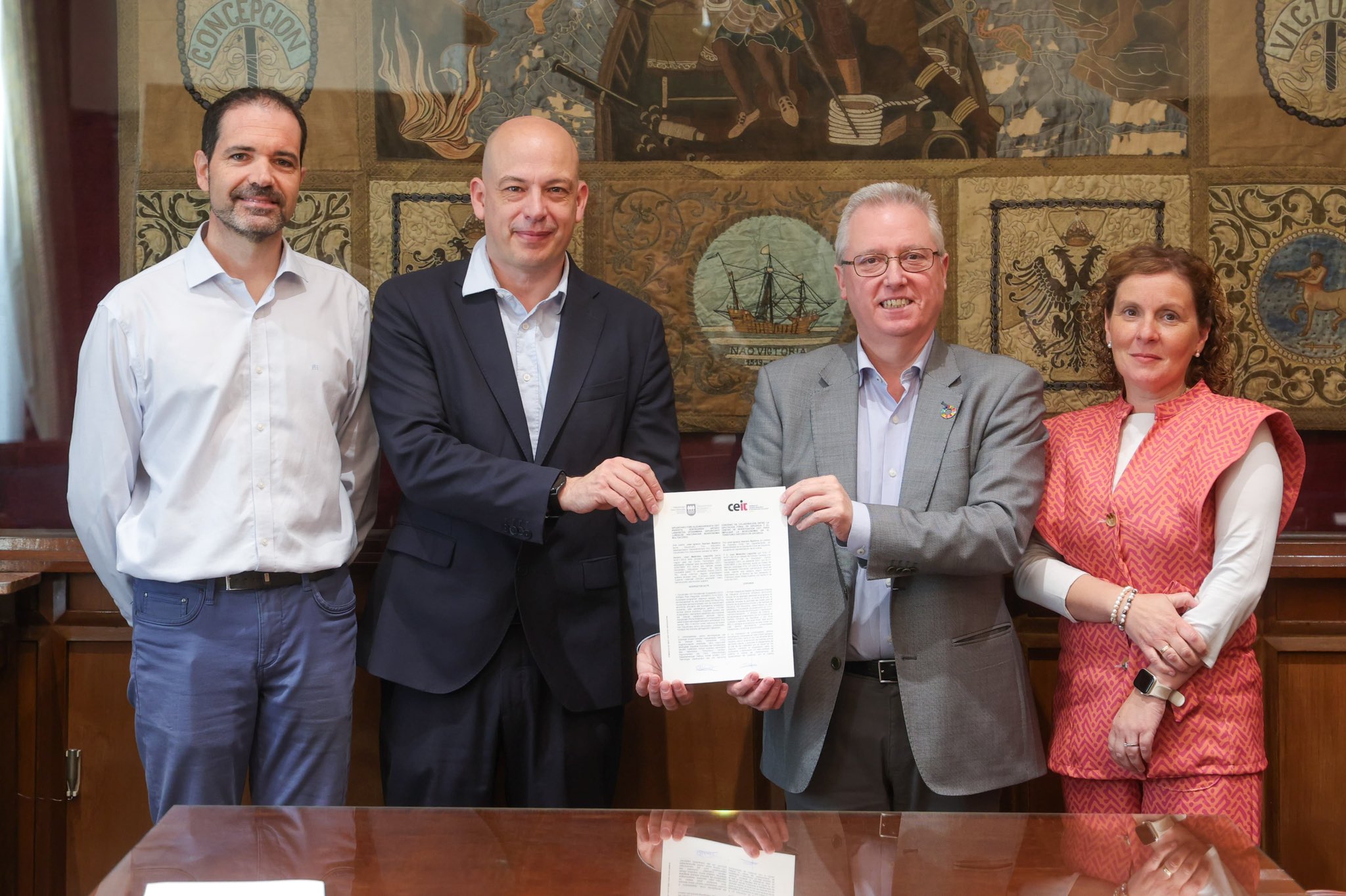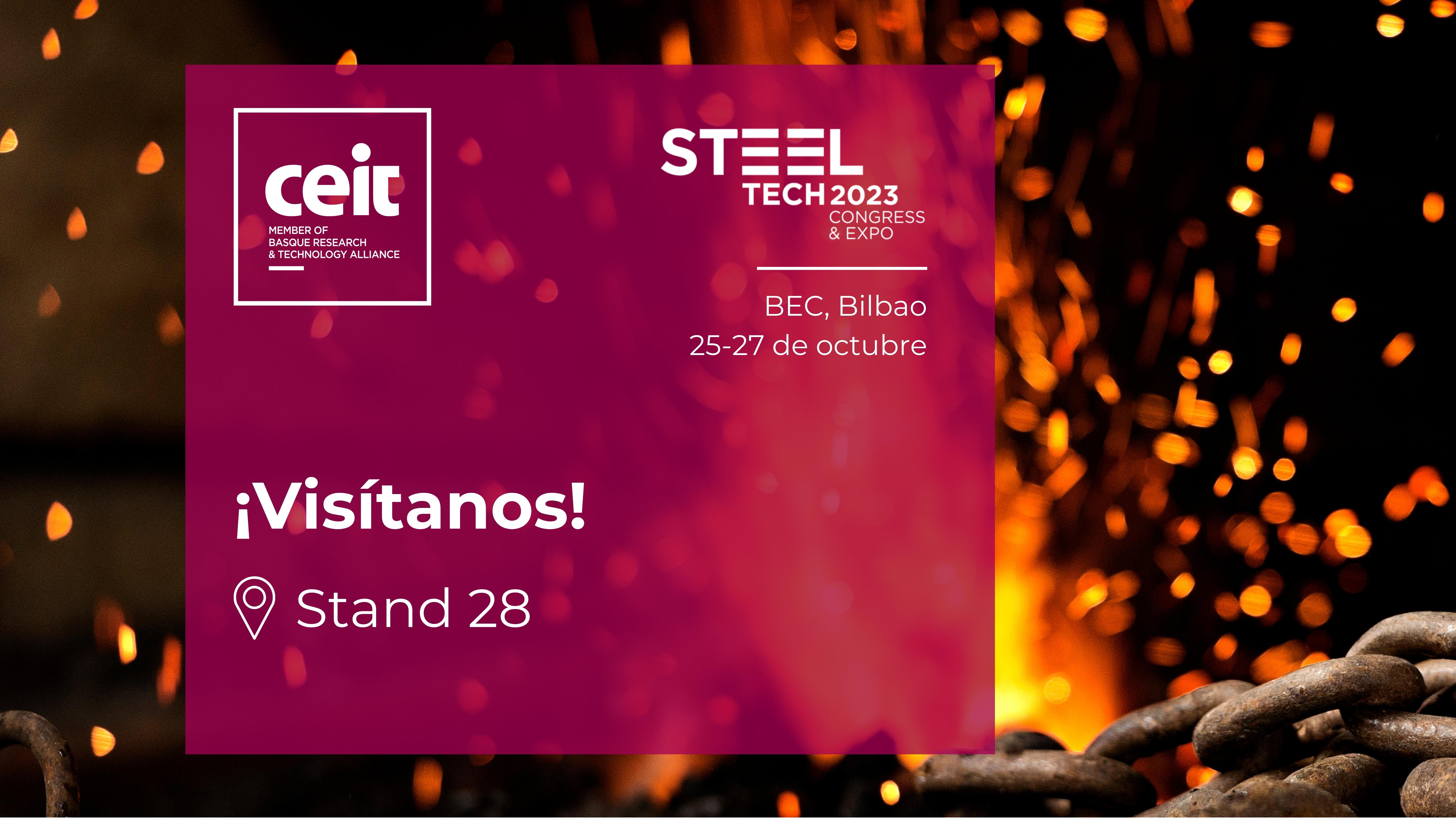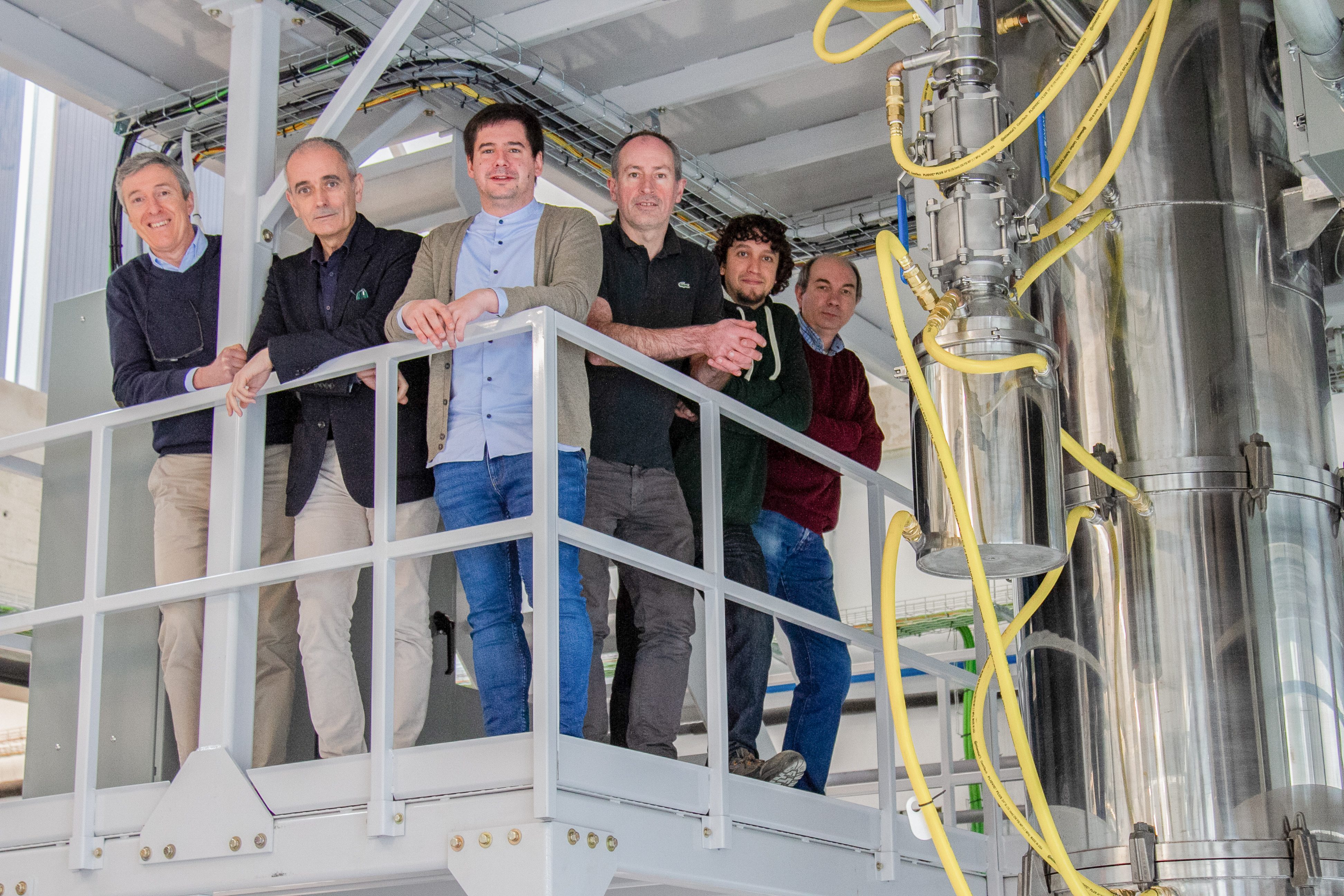Ceit and the Provincial Council sign an agreement to new make progress in developing a biomethane biorefinery
Ceit and the Provincial Council sign an agreement to new make progress in developing a biomethane biorefinery

13 | 06 | 2025
With a 160,000- euro investment, the new agreement will enable research to be conducted into biorefining technologies with a view to recovering industrial by-products in Gipuzkoa.
This is a strategic project geared towards the creation of a new industrial hub specialising in the recovery of organic waste of industrial origin - a problem to which a response is urgently needed, and which amounts to a production volume of around 30,000 tons a year.
In an effort to boost sustainability and the circular economy in Gipuzkoa, the Minister for Sustainability, José Ignacio Asensio, and the Managing Director of the Ceit Technology Centre, Juan Meléndez, have signed a new collaborative agreement which lends continuity to the line of research embarked on in previous years. The agreement is funded by a 160,000-euro investment provided by the Department of Sustainability of the Provincial Council of Gipuzkoa, and by way of a priority aims to make progress in the recovery of food and agricultural by-products using biorefining processes.
This is a strategic project geared towards creating a new industrial hub specialising in the recovery of organic waste of industrial origin - a problem to which a response is urgently needed. Currently, theses residues attain a production volume of around 30,000 tons a year (mainly by-products from the food and agriculture industry), to which can be added a far greater volume if the purines deriving from the livestock sector are taken into account.
The work that has been pursued in previous years enabled the pre-design of a biomethane production plant to be defined as a solution to the treatment of this organic waste. In this new phase, research will focus on identifying and assessing biorefining processes geared towards obtaining bioproducts with high added value - mainly volatile fatty acids – from these by-products.
One of the project’s key objectives will be to conduct an in-depth analysis about the current state of biorefineries in Europe by reviewing the technologies applied to similar waste and assessing their degree of maturity, efficiency and scalability for the purpose of their possible implementation in Gipuzkoa.
In addition, Ceit will be developing a preliminary biorefining concept adapted to the specific features of by-products generated in Gipuzkoa. Likewise, a simulation platform will be constructed for the design and virtual assessment of different technological scenarios, which will enable strategic decisions to be taken about future industrial investments.
The agreement also envisages the experimental validation of the processes selected. To this end, laboratory tests will be undertaken to optimise the production and separation of relevant bioproducts, with special attention being given to fatty acids – key components in many industrial applications.
The Minister for Sustainability, José Ignacio Asensio, has pointed out that “this project reinforces our commitment to the principles of the circular economy and energy transition by advocating new energy vectors such as biomethane. Furthermore, this commitment to technology gives rise to direct synergies with the industrial sector, thus strengthening its competitiveness via local, innovative solutions – a tangible example of the fact that sustainability and competitiveness are not only compatible but also mutually boost each other within the framework of the new green economic model we are constructing in Gipuzkoa”
Juan Meléndez wished to express his gratitude for the trust once again placed by the Department of Sustainability of the Provincial Council of Gipuzkoa: “This agreement brings together the commitment by both entities to continue researching into and developing technologies that may help the territory to make progress in terms of the circular economy and recycling”, he declared.




